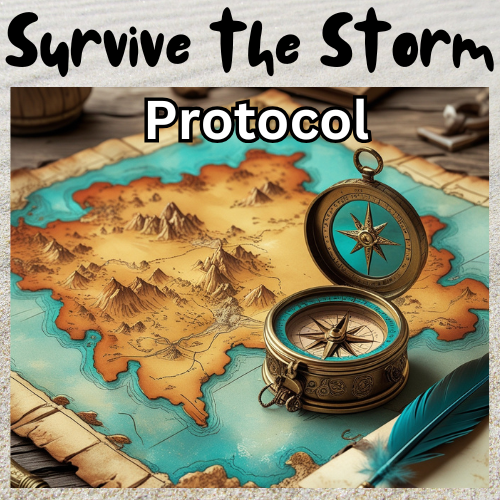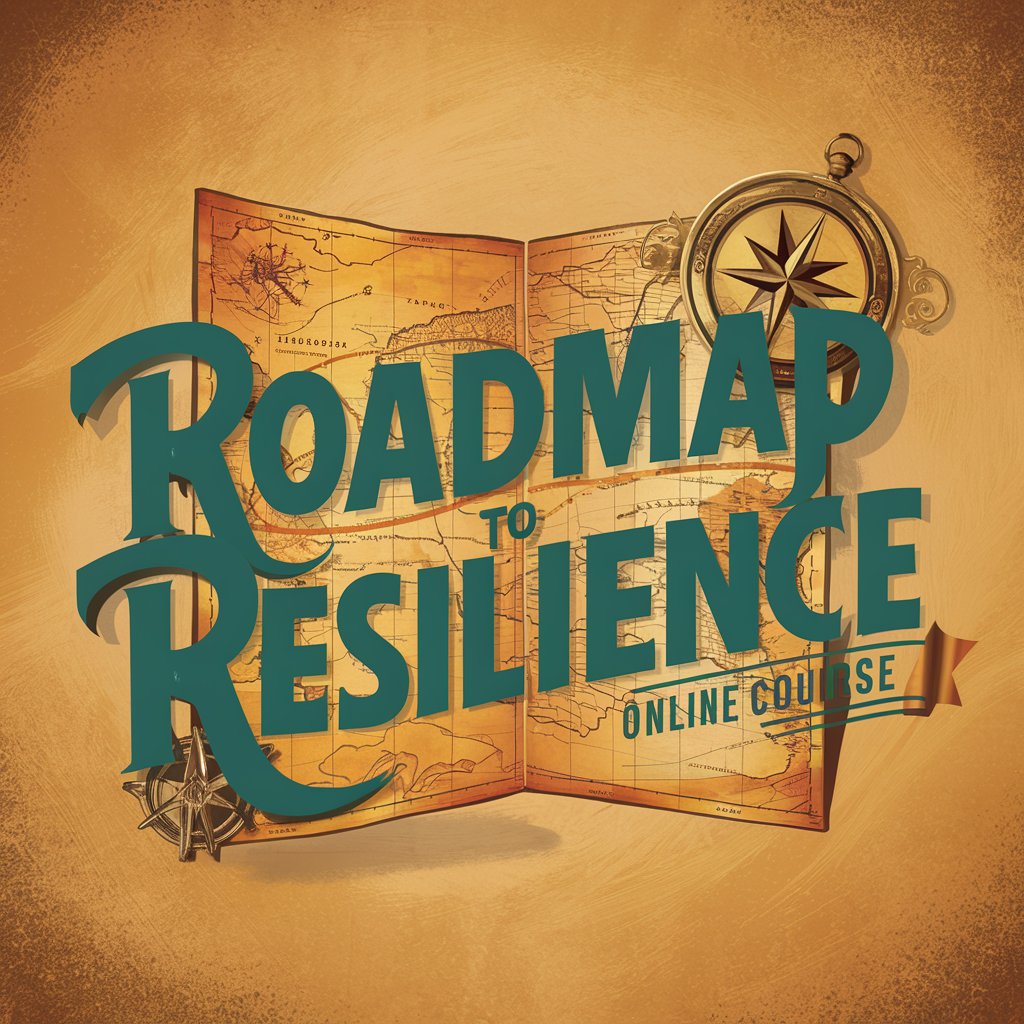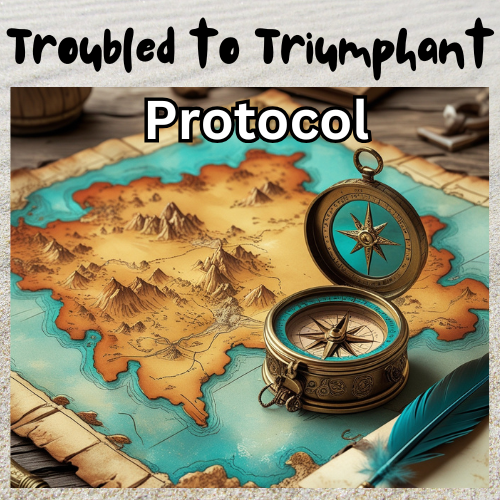Because the Habit of Reflection can separate Extraordinary Successful Professionals from Highly Successful Ones
As the year winds down, it’s easy to get caught up in the holiday rush and the flurry of end-of-year deadlines. But amidst the chaos, this powerful tool often gets overlooked: Year-End Reflection. Whether you’re a seasoned executive, a rising star in your field, or someone who’s consistently making waves in your industry, taking the time to reflect on the past year can be a game-changer.
Year-end reflection isn’t just about looking back on what you’ve accomplished. It’s about analysing your performance, increasing your impact and setting yourself up for even greater success in the future. Think of it as your secret weapon—a way to refuel, recalibrate, and ensure you’re in top shape to continue thriving.
So pour yourself a cup of your favourite beverage, and let’s dive into why year-end reflection is essential for high-performing high-impactful professionals like you. Trust me, you’ll thank yourself later!
Enhancing Self-Awareness and Growth
Reflecting on the past year allows you to gain deeper insights into your performance, decision-making processes, and overall impact. By examining your thoughts, feelings, and behaviour over the past year, you can identify patterns and areas for improvement, which is crucial for your continuous personal and professional development.
Optimising Performance
Reflection enables you to:
- Evaluate your achievements and challenges
- Assess the effectiveness of your strategies
- Set more meaningful and impactful objectives in the future
This process helps you align your future objectives with your values and long-term plans, increasing the likelihood of sustained success.
Cultivating Resilience and Adaptability
By reflecting on how you managed challenges throughout the year, you can:
- Build confidence in your problem-solving abilities
- Develop greater resilience in the face of adversity
- Enhance your adaptability to changing circumstances
This reflection on overcoming obstacles can be particularly empowering and motivating for future challenges.
Maintaining Perspective and Work-Life Balance
As a high-achiever, you may risk burnout due to your intense focus on performance. Year-end reflection provides an opportunity for you to step back and assess your overall well-being, ensuring that you maintain a healthy work-life balance. It allows you to recalibrate your priorities and make necessary adjustments for sustainable success.
Leveraging Insights for Strategic Planning
For you as a purposeful professional, reflection is not just about personal growth but also about refining your strategic approach. By analysing what worked well and what didn’t, you can make more informed decisions about resource allocation, team management, and long-term planning in your professional role.
Increase Innovation and Creativity
Taking time to reflect can spark new ideas and approaches for you. By stepping away from the day-to-day grind and considering the bigger picture, you can identify innovative solutions to persistent challenges or uncover new opportunities for more impact.
Year-end reflection is a powerful tool for you as a high-performing high-impact professional. It not only enhances your personal performance but also contributes to your overall effectiveness and long-term success in your impactful role.
How to go about it? You can put the suggestions below into practice or you can engage an experienced mentor to guide and support you as you implement each suggestion. Find out more about the Infinite Impact Program from TouchStone Consultancy by sending an email to OpenLockedDoors@gmail.com to schedule a complimentary 30-minute discovery call.
How can you Reflect Constructively on the Past Year?
Set Aside Dedicated Time
First things first, you need to carve out some quality time for this reflection process. I’m not talking about squeezing it in between meetings or during your lunch break. No. You need to block out some serious “me time” on your calendar. Treat it like you would any important business meeting—because, let’s face it, this is a meeting with your most valuable asset: YOU.
Find a quiet, comfortable space where you won’t be disturbed.
Review your Objectives and Achievements
Alright, let’s start with the fun stuff—celebrating your wins! Pull out that list of goals you set at the beginning of the year. Remember those? The ones you scribbled down with enthusiasm and determination. How did you do?
Celebrate Achievements
Did you crush those sales targets? Mastered a new skill? Lead a successful project? Give yourself a pat on the back. Celebrating your achievements is not just about feeling good; it’s about acknowledging your hard work and building confidence for future challenges.
Identify Gaps
Now, let’s talk about the goals that didn’t quite go as planned. It’s okay; we all have them. The important thing is to understand why. Were the goals too ambitious? Did unexpected obstacles pop up? Or maybe you just didn’t prioritise them highly enough? Be honest with yourself. This isn’t about beating yourself up; it’s about learning and getting stronger.
Analyse Your Performance
Time to get a bit more analytical. Let’s evaluate the nitty-gritty of your performance.
Key Performance Indicators (KPIs)
Pull out those KPIs and metrics. How did you stack up against them? Were you hitting your numbers consistently, or were there fluctuations? Understanding your performance data can provide valuable insights into what’s working and what’s not.
Feedback
Feedback is a gift, even if it doesn’t always feel like it. Reach out to colleagues, superiors, and subordinates. Ask for their honest opinions about your performance. What did they see as your strengths? Where do they think you could improve? Remember, the goal is to get a well-rounded view of your performance, not just to hear what you want to hear.
Self-Assessment
Now, turn the mirror on yourself. What do you see as your strengths and weaknesses? Be brutally honest. This is your chance to identify areas where you truly excel and where you might need a bit more polish.
Reflect on Challenges and New Skills
Life is full of challenges, and the past year was no exception. Let’s take a look at the hurdles you faced and the lessons you learned.
Challenges Faced
What were the big challenges of the year? Maybe it was a tough project, a difficult client, or a major organizational change. How did you handle them? Did you rise to the occasion, or did you struggle? Reflect on your approach and the outcomes.
Lessons Learned
Every challenge is an opportunity to learn. What did you take away from these experiences? How can you apply these lessons in the future? Whether it’s a new strategy, a different mindset, or a skill you honed, these learnings are invaluable.
Mistakes and Failures
Let’s talk about the elephant in the room: mistakes and failures. We all make them, and they’re not something to be swept under the rug. Instead, embrace them as learning opportunities. What went wrong? Why? How can you avoid similar pitfalls in the future? Remember, failure is just a stepping stone to success.
Evaluate your Work-Life Balance
Work-life balance—it’s a phrase we hear a lot, but how well did you actually achieve it this year?
Balance Assessment
Take a hard look at how you balanced your professional and personal life. Were there times when work took over everything? Or maybe you found a good rhythm that allowed you to enjoy both worlds. Identify the areas where you might have neglected one for the other.
Stress Management
Stress is a part of life, especially for high-performers. How did you manage your stress levels this year? Did you have effective coping mechanisms, or did you find yourself burning the candle at both ends? Reflect on what worked and what didn’t.
Well-being
Your overall well-being IS crucial. How did you fare in terms of physical health, mental health, and emotional well-being? Did you take care of yourself, or did you let self-care slide? Remember, you can’t pour from an empty cup.
Examine Professional Relationships
Your professional relationships can make or break your career. Let’s take a closer look at how you nurtured these connections.
Networking
Did you build new relationships this year? How did you nurture your existing network? Networking isn’t just about collecting business cards; it’s about building meaningful connections that can support your career growth.
Mentorship
Mentorship is a two-way street. Did you seek out mentors to guide you, or did you mentor others? Reflect on these relationships and how they contributed to your growth. Whether you were the mentor or the mentee, these interactions can provide valuable insights.
Team Dynamics
How did you interact with your team? Did you support and motivate them effectively? Team dynamics can significantly impact your performance and the overall success of your projects. Reflect on your role within the team and how you can improve.
Review your Professional Development
Continuous learning is key to staying at the top of your game. Let’s see how you fared in this department.
Skills Acquired
What new skills or knowledge did you acquire this year? How did these contribute to your performance? Whether it was a new certification, a workshop, or on-the-job learning, these additions to your skillset are worth noting.
Continuous Learning
Reflect on your commitment to continuous learning. Did you engage in any training, courses, or workshops? How did these experiences enhance your capabilities? In today’s fast-paced world, staying current is essential.
Future Development
Identify areas where you need further development. What skills or knowledge gaps do you need to address? Plan how to tackle these in the coming year. Whether it’s through formal education, online courses, or hands-on experience, have a clear path forward.
Seek External Perspectives
Sometimes, we need a fresh pair of eyes to see things clearly. Don’t be afraid to seek external perspectives.
Mentors and Coaches
Consult with mentors, coaches, or trusted advisors. Their insights and guidance can provide valuable perspectives that you might not have considered. They’ve been where you are and can offer wisdom from their experiences.
Peer Feedback
Engage in peer reviews or feedback sessions. Your peers can offer different viewpoints on your performance. Sometimes, the people who work closest to you can provide the most insightful feedback.
Document, Update and Review
Documentation is key to effective reflection. Keep a journal of your insights and progress. This will serve as a valuable reference for future reflections.
Journaling
Jot down your thoughts, observations, and plans. Journaling can help you process your reflections more deeply and provide a record of your growth over time. Plus, it’s a great way to look back and see how far you’ve come.
Regular Check-ins
Schedule regular check-ins throughout the year to monitor your progress. Don’t wait until the end of the year to see how you’re doing. Regular check-ins allow you to make adjustments and stay on track.
Celebrate and Recharge
Finally, don’t forget to celebrate your achievements and take time to recharge. You’ve worked hard, and you deserve it.
Celebrate Successes
Take time to celebrate your successes, no matter how big or small. Acknowledge your hard work. Celebrating your wins is not just about feeling good; it’s about building confidence and motivation for future challenges.
Recharge
Ensure you take time to recharge and refresh. This could include taking a vacation, engaging in hobbies, or spending quality time with loved ones. Recharging is essential for maintaining your energy and enthusiasm. Remember, you can’t pour from an empty cup.
The Infinite Impact Program
Over my extensive career as a medical doctor (MBChB, MRCGP) and transformational retreat leader, I’ve had the privilege of helping countless professionals navigate life’s most significant personal and professional transitions. By combining my interest in stress management, my knowledge of positive psychology and medical expertise with advanced certifications in medical hypnotherapy, NLP and professional life coaching, I’ve developed The Infinite Impact Program to help high achievers live purposeful, meaningful and impactful lives.
Ready to take the first step towards a purposeful, impactful and fulfilling life?
Schedule your complimentary 30-minute call today and discover how The Infinite Impact Program can transform your life. Let’s explore how you can align your success with a lasting legacy that can change lives.
Don’t miss this opportunity to invest in your future and make a difference that will echo for generations to come.
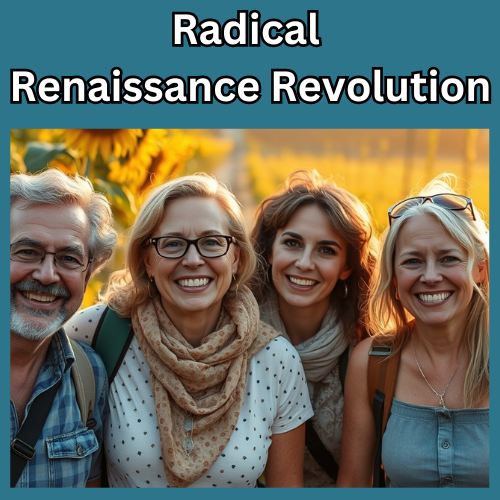
Ready to start again, stronger than ever before? This quiz will help you find out. It is not just about measuring where you are right now; it’s about shining a light on the areas of your life that feel meaningful, as well as those that might need attention. It’s an opportunity to reflect, recalibrate, and take steps toward a life that’s not only successful but profoundly fulfilling. Take The Quiz
Get rid of the nagging emptiness of “Is this all there is?” and step into a life where your accomplishments feel as purposeful, meaningful and fulfilling as they are impressive. This unique mentoring program empowers you to unearth the mission that sets your soul on fire and aligns your life with what truly matters to you—beyond success metrics and societal expectations.
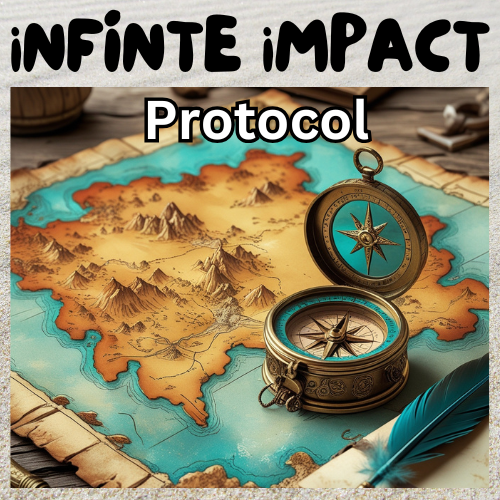
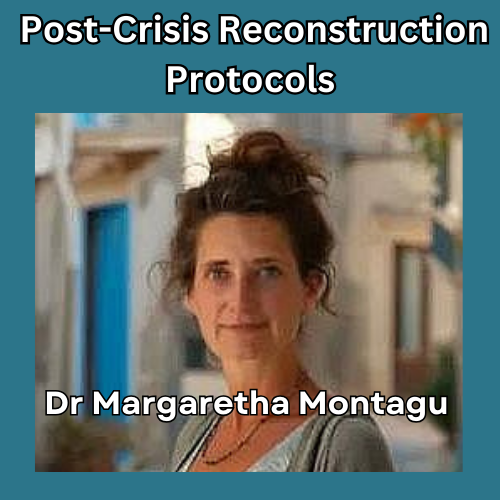
“I am an experienced medical doctor – MBChB, MRCGP, NLP master pract cert, Transformational Life Coach (dip.) Life Story Coach (cert.) Counselling (cert.) Med Hypnotherapy (dip.) and EAGALA (cert.) I may have an impressive number of letters after my name, and more than three decades of professional experience, but what qualifies me to excel at what I do is my intuitive understanding of my clients’ difficulties and my extensive personal experience of managing major life changes using strategies I developed over many years” Dr M Montagu





